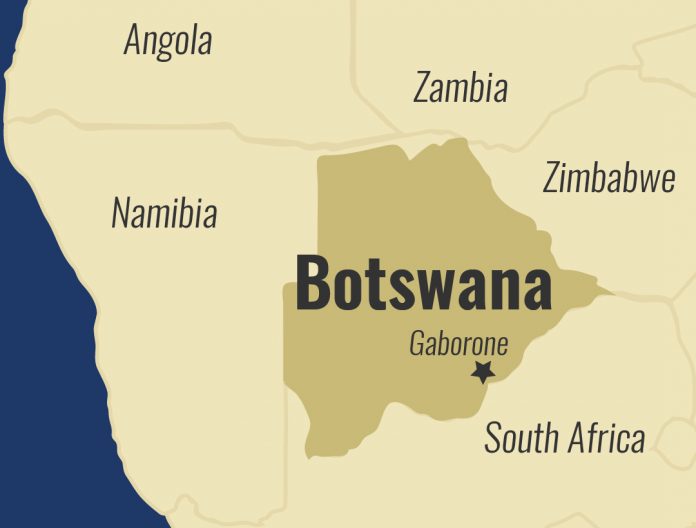
By Jerry Omondi

Botswana is one of the few economies in Sub-Saharan Africa whose output has recovered to its level before the COVID-19 pandemic took hold, the International Monetary fund said on Wednesday.
The information was published following the conclusion of an IMF Executive Board 2022 Article IV Consultation with the Southern African country.
The lender attributed the positive trend in part to the strong demand for diamonds globally. The IMF also cited Botswana’s strong vaccination efforts against COVID-19 and the country’s “prudent macroeconomic management”.
“The recovery is expected to continue through the medium term, but there is significant uncertainty,” the IMF said in its report on Botswana. “Growth will be supported by higher prices and demand for diamonds, increased copper production, prospects for a good harvest, less COVID-19 mobility restrictions, and more international tourist arrivals.”
The IMF pointed out that Botswana’s economy grew by 11.4 percent in 2021. Fiscal and current account deficits both narrowed sharply, and foreign reserves stabilized.
The lender noted however that inflation exceeded the central bank’s medium-term 3–6 percent objective range, while unemployment rose close to record highs.
To combat rising inflation, the Bank of Botswana raised the newly introduced Monetary Policy Rate (MOPR) by a combined 101 basis points in April and June 2022.
“With inflation above the Central Bank’s objective range, providing support to the most vulnerable through the government social programs remains a priority in the near term. In this context, improving the targeting of social programs will reduce leakages. Over the medium term, a sustained reduction in poverty and inequality will require further progress on diversification and digitalization reforms as well as moving away from inward-looking policies such as import restrictions,” the IMF said.